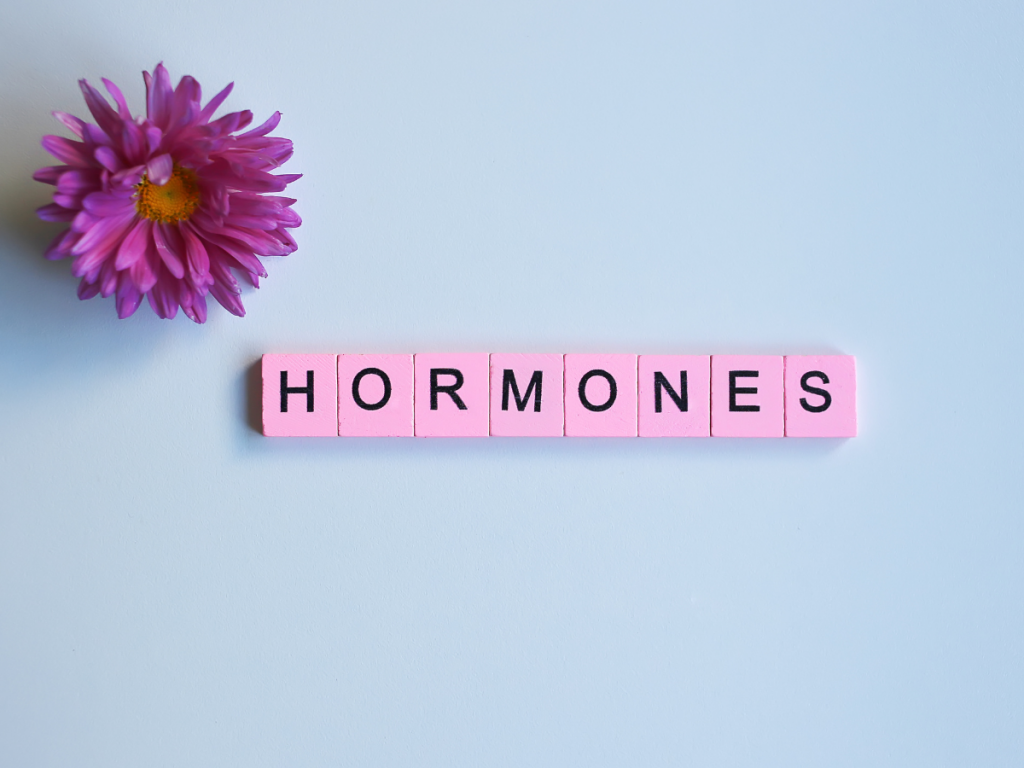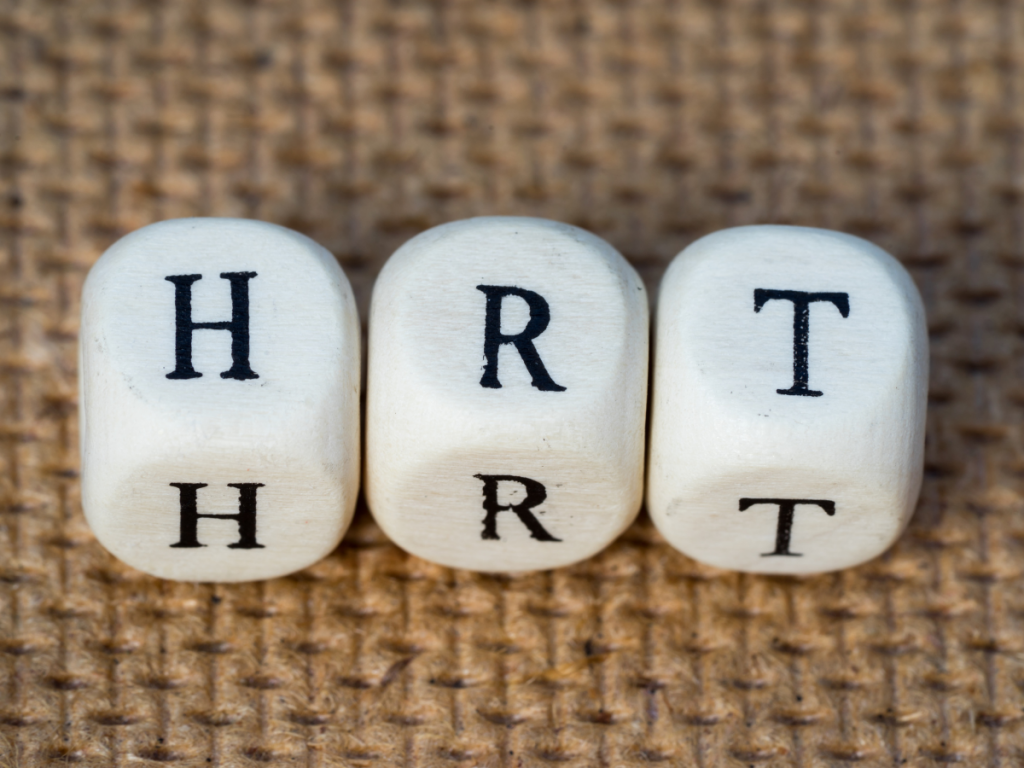Hot flashes are a common and often uncomfortable symptom that many women experience, especially during menopause. These sudden waves of heat can leave you feeling flushed, sweaty, and even a bit anxious. In this article, we’ll delve into the causes, symptoms, and effective strategies for managing hot flashes.

What Causes Hot Flashes?
Hot flashes are primarily caused by hormonal changes, particularly a decrease in estrogen levels, that occur during menopause. Estrogen plays a vital role in regulating body temperature, and as its levels decline, the body’s ability to control temperature becomes disrupted. This results in the characteristic sensation of intense heat and flushing.
Symptoms of Hot Flashes
Hot flashes can vary in intensity and duration from woman to woman. Some common symptoms include:
- Sudden Heat Sensation: Hot flashes often start with a sudden feeling of warmth, usually centered around the face, neck, and chest. This sensation can quickly spread throughout the body.
- Flushing: The skin may turn red or blotchy due to increased blood flow to the surface of the skin.
- Sweating: Profuse sweating, particularly on the upper body, can accompany a hot flash. This can lead to damp clothing and sheets.
- Rapid Heartbeat: Many women experience an elevated heart rate during a hot flash, which can contribute to feelings of anxiety.
- Chills: After the intense heat subsides, some women may feel a sudden chill or shiver.
- Night Sweats: Hot flashes that occur during the night are often referred to as night sweats, and they can disrupt sleep patterns.

Managing Hot Flashes
While hot flashes are a natural part of the menopausal transition, there are several strategies that can help manage their frequency and intensity:
- Dress in Layers: Wearing lightweight, breathable clothing in layers can help you quickly adjust to temperature changes.
- Stay Cool: Keep your living environment at a comfortable temperature. Use fans, open windows, and wear breathable fabrics to prevent overheating.
- Manage Stress: Stress can trigger or exacerbate your symptoms. Engaging in relaxation techniques like deep breathing, meditation, or yoga can help manage stress and reduce the frequency.
- Stay Hydrated: Drink plenty of water to stay hydrated and regulate your body temperature.
- Avoid Triggers: Certain triggers, such as spicy foods, caffeine, alcohol, and hot beverages, can exacerbate hot flashes. Limiting these items in your diet may help.
- Regular Exercise: Engaging in regular physical activity can help regulate hormone levels and improve overall well-being. Aim for at least 30 minutes of moderate exercise most days of the week.
- Hormone Therapy: In some cases, hormone therapy (HT) may be recommended to manage your symptoms. HRT involves taking estrogen or a combination of estrogen and progesterone to alleviate symptoms. However, it’s essential to discuss the potential risks and benefits of HT with your healthcare provider.
- Alternative Therapies: Some women find relief through alternative therapies such as acupuncture, herbal supplements, or mindfulness-based practices. Consult your healthcare provider before trying these approaches.
- Medications: Certain medications, including certain antidepressants and anti-seizure drugs, have been found to help manage hot flashes. These options should be discussed with a healthcare professional.

When to Seek Medical Advice
While hot flashes are typically a normal part of menopause, there are instances when you should consult a healthcare provider:
- Severe Symptoms: If your symptoms are particularly severe, frequent, or affecting your quality of life, it’s advisable to seek medical attention.
- Unusual Symptoms: If what you experience is accompanied by symptoms such as dizziness, fainting, or chest pain, consult a healthcare provider.
- Impact on Daily Life: If how you feel is interfering with your daily activities, sleep, or emotional well-being, it’s important to discuss potential management strategies with a healthcare professional.
Hot flashes are a common symptom of hormonal changes during menopause, but they don’t have to control your life. By understanding their causes, recognizing the symptoms, and implementing effective management strategies, you can navigate this phase of life with greater comfort and confidence. If what you are feeling is significantly impacting your well-being, don’t hesitate to consult a healthcare provider for personalized guidance and support. Remember, you’re not alone in this experience, and there are numerous resources available to help you manage hot flashes and embrace your journey through menopause.


One thought on “Understanding Hot Flashes: Causes, Symptoms, and Management”